Organic Chemistry is a staple course in undergraduate pre-professional programs. It is a prerequisite for Biochemistry, Cell Molecular Biology, Advanced Organic Chemistry, Medicinal Chemistry, Structural Biology, Plants in Medicine, Toxicology, Chemical Engineering, and for Physical Organic Chemistry courses (Figure 1). Organic Chemistry is at the core of every scientific field that involves molecules and the functioning of living organisms. It is the link between biology and physics. Biologists are interested in all aspects of life while physicists care about explaining the laws of the universe. Organic chemists act as intermediaries of these two vast sciences, explaining the chemical mechanisms that keep us alive while applying chemical principles that can help us take care of our planet. Life and the universe are made of organic matter.
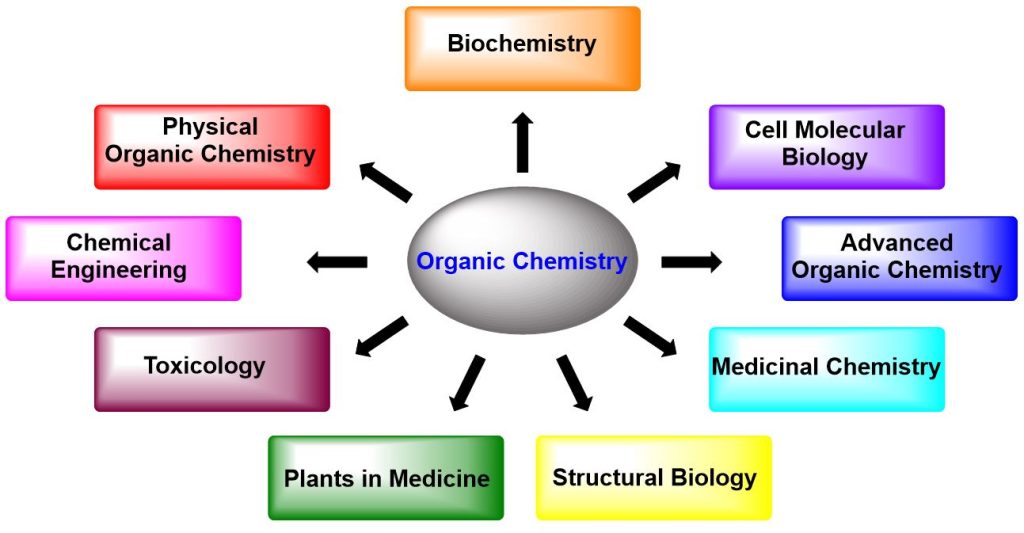
Figure 1. Undergraduate level courses where Organic Chemistry is a prerequisite.

Medical School

The medical school preclinical curriculum requires about 15% Pharmacology and 15% Biochemistry. Therefore, the medical school preclinical curriculum requires an approximately 30% fundamental level understanding of organic chemistry.
Without organic chemistry, a student will not have the necessary understanding of biochemistry mechanisms, drug-drug interactions and contraindications, drug metabolisms, and drugs structural activity relationships, that are fundamentally required by physicians.
If you are planning to go to medical school, organic chemistry is a major prerequisite, and for good reason.
The Chemical and Physical Foundations of Living Systems section of the Medical College Admission Test (MCAT) requires a strong understanding of organic chemistry to pass it. Knowing how to use chemistry and physics information to interpret and solve more difficult problems is the key to a great MCAT score.

Dentistry
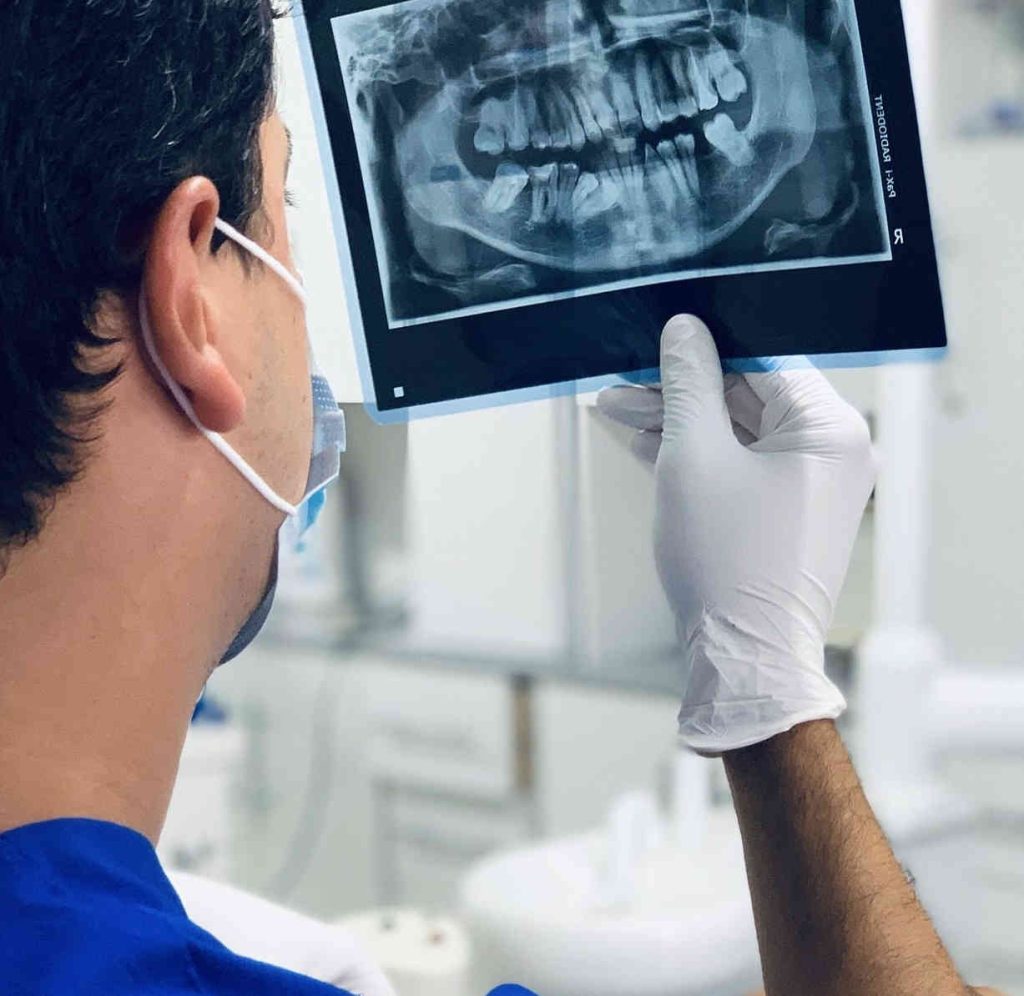
Dentistry is a specialty of medicine, and more scientific knowledge regarding the efficacy of drugs in diseases conditions of the oral cavity is essential. Every dentist should be capable of making a complete diagnosis of all oral and systemic diseases that relate to oral symptoms and able to treat them just like a physician.
The Dental Admission Test (DAT) consists of 4 sections, and organic chemistry accounts for 30% of the Survey of Natural Sciences section. Therefore, the organic chemistry section in the DAT requires a substantial knowledge base on the subject. There are 30 questions based on organic chemistry. Applicants are required to have a strong background of organic chemistry prior to the exam.

Pharmacy School

The role portrayed by organic chemists in the pharmaceutical industry remains to be one of the main drivers in the drug discovery process. Pharmacy is the study of the formulation of an active chemical ingredient, in the form of tablets, capsules, powders, aerosols, or injections. The physiological activity of drugs is observed to depend upon the presence of a particular functionality or structural chemical unit. In Pharmacy School, a student needs to have a strong background in organic chemistry to pass pharmacology and medicinal chemistry courses and understand chemical structures from a stereochemical viewpoint. Figure 2 summarizes the significance of Organic Chemistry in the Health Sciences and the direct correlation with Internal Medicine with Pharmacology as the bridge between the two sciences.
The Pharmacy College Admission Test (PCAT) is required by more than 85% of all pharmacy programs. The PCAT contains a Chemical Processes section consisting of 48 multiple choice questions of which 30% involve Organic Chemistry and 20% involve Basic Biochemical Processes.
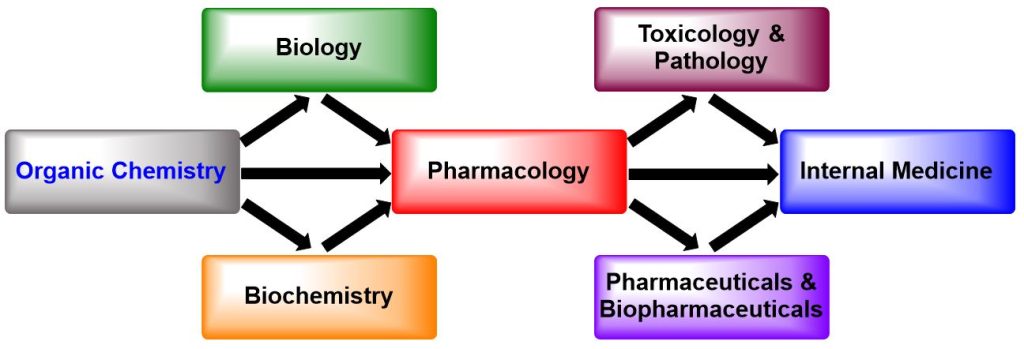
Figure 2. Importance of Organic Chemistry in the Health Sciences.
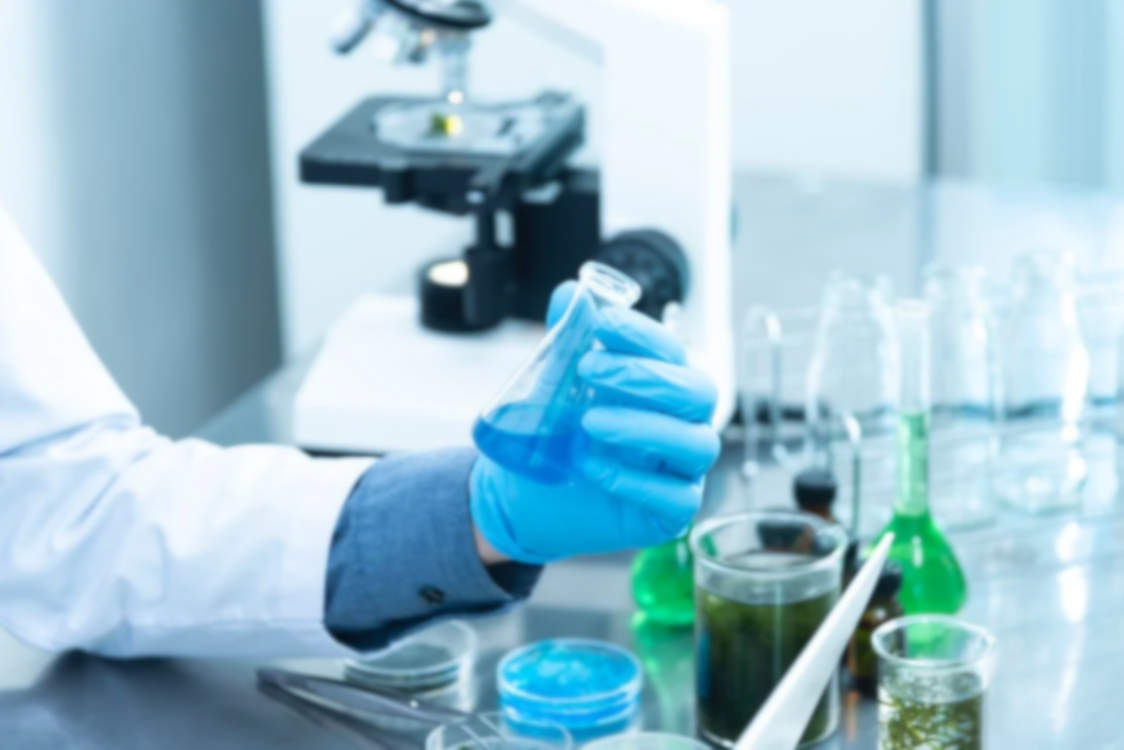
Scientific Careers
At the graduate level, organic chemistry has applications to a wide variety of more specialized fields, including electrochemistry, photochemistry, forensic chemistry, polymer and supramolecular chemistry, bioorganic chemistry, enzymology and chemical biology, environmental science, as well as to commercial initiatives involving process chemistry, chemical engineering, materials science, nanotechnology, biofuels, and pharmacology in drug discovery design to name a few.
The GRE Chemistry Test consists of about 130 multiple-choice questions covering current topics representing four major areas: analytical chemistry, inorganic chemistry, organic chemistry, and physical chemistry. Approximately, 30% involve organic chemistry.
Organic chemistry is an important course that if mastered, will open an amazing number of opportunities in different careers and fields of study of science. It is a course that will require your passion and willingness to excel at every stage.
Do NOT hesitate and give the Organic Chemistry Academy a chance to give you the tools that you need to take you to the next level in your career. Check out Our Courses and subscribe today!
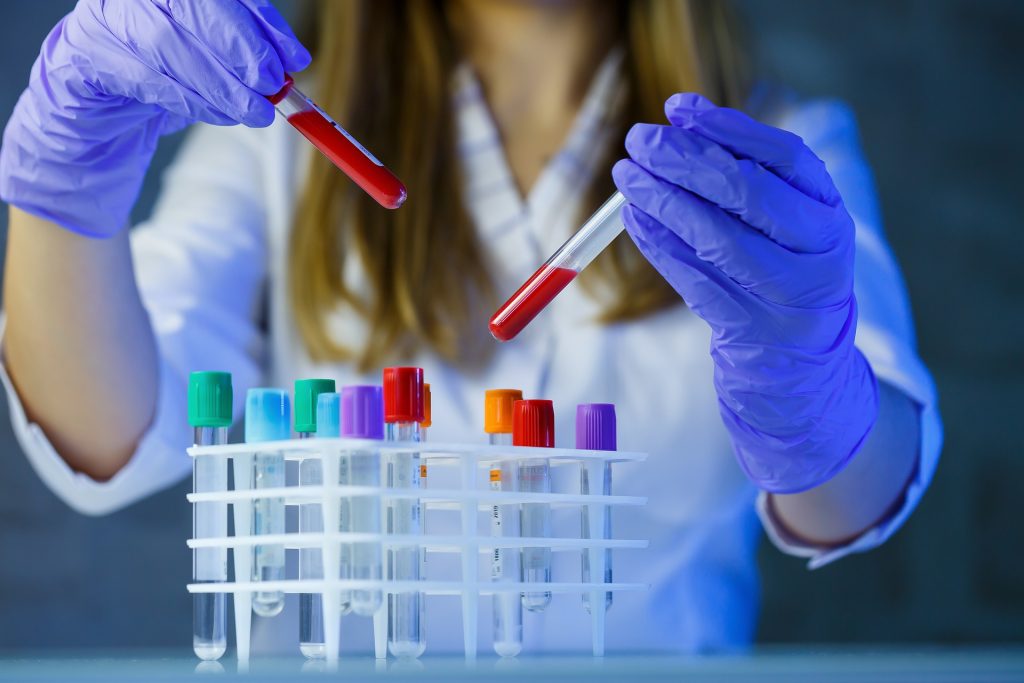
Start Your OCHEM Journey Today!
